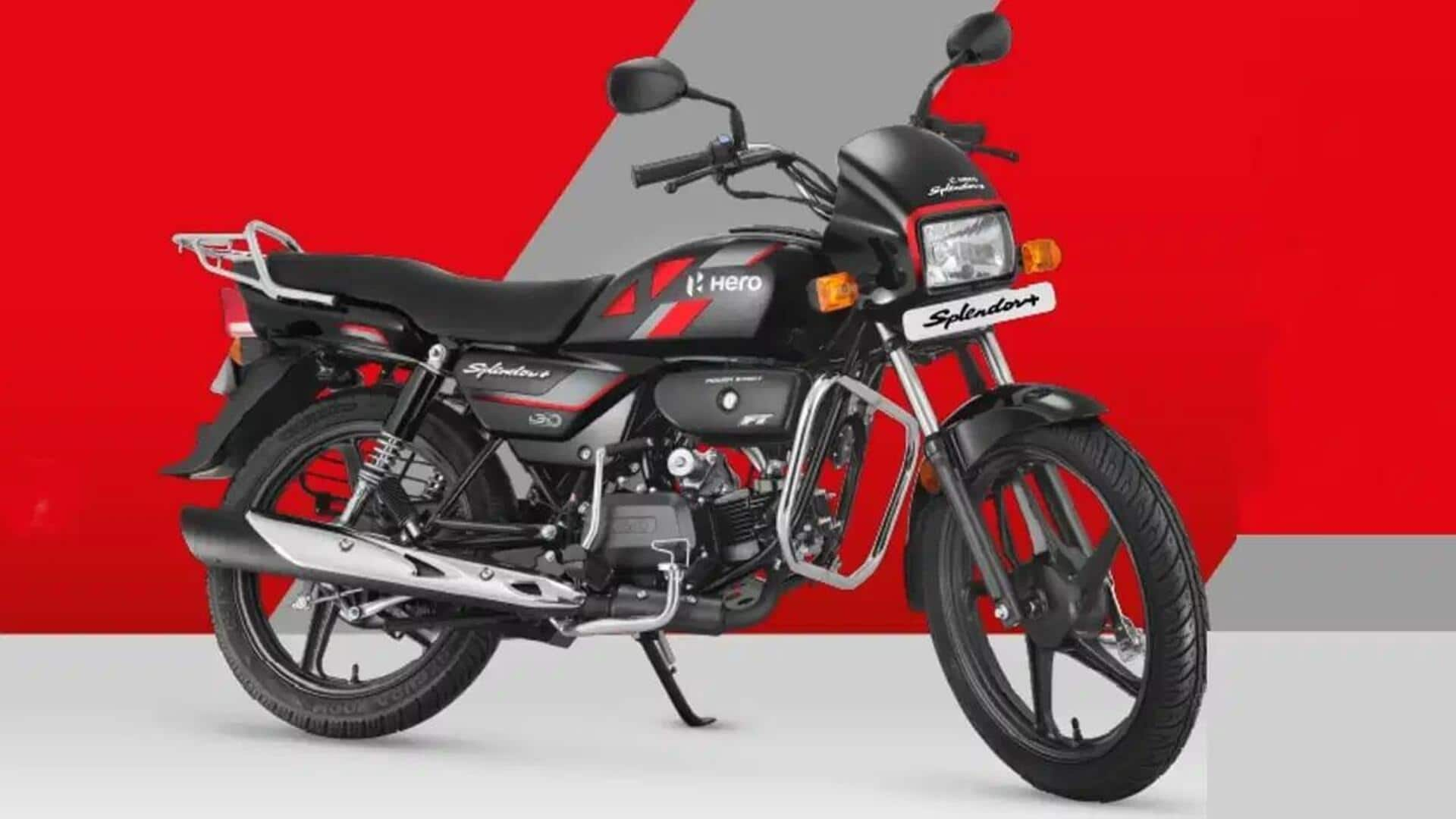
GST relief for 2-wheelers could be undone by this regulation
What's the story
The recent reduction in Goods and Services Tax (GST) rates has brought a wave of relief to the two-wheeler market, with prices dropping by 2-11% across most models. This has led to an increase in demand from dealers and expectations of strong momentum in the coming months. However, Kumar Rakesh, an auto and IT analyst at BNP Paribas India, warns that a new regulation could undo some of these benefits.
Regulation
ABS rule could offset GST gains
Rakesh highlighted that the upcoming rule on anti-lock braking systems (ABS) for motorbikes up to 125cc could offset the GST gains, and hit demand in the entry-level segment. He said, "The ABS price increase can potentially wipe out some of the benefits which we are seeing." ABS is a safety feature that prevents wheels from locking up during sudden braking.
Cost implications
Entry-level segment most affected
A report by Nomura estimates that the ABS rule could lower two-wheeler demand by 2-4%. The added costs of roughly ₹2,000 for the ABS unit and another ₹1,000 for a disk brake are tipped to push retail prices up by 3-5%. This is expected to have the biggest impact on entry-level vehicles like 100cc bikes, scooters, and mopeds.
EV impact
Electric 2-wheelers also impacted
Nomura's report also noted that most electric two-wheelers will be affected by the new ABS norms, except premium models like Ola S1 Pro and S1X Plus. Major players in the industry such as Hero MotoCorp, TVS Motor, and Bajaj Auto have significant exposure to sub-125cc vehicles with respective market shares of 79%, 54%, and 24%.
Future outlook
Optimism remains for 2-wheeler segment growth
Despite the potential short-term impact of ABS norms, Rakesh remains optimistic about healthy growth momentum in the two-wheeler segment over the next few quarters. He believes that while there are certain uncertainties around cess refunds on unsold inventory, these should be "transient issues." The broader tax cut will support growth across the entire auto industry, he added.